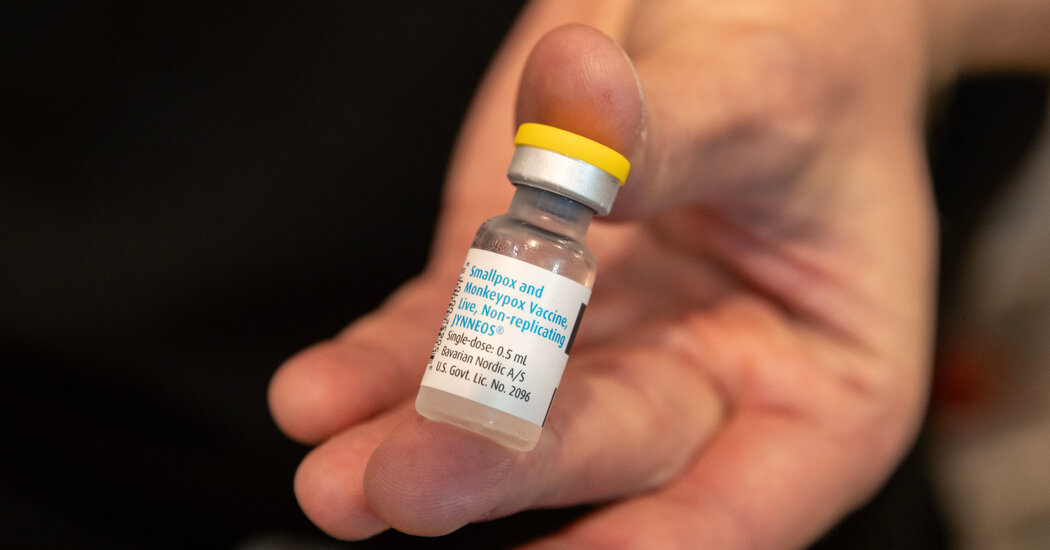The epidemic in Africa continues to grow, prompting fears of another outbreak in the U.S. But the vaccine is no longer free, and vulnerable people are going without.
A particularly deadly form of mpox, formerly called monkeypox, has led to more than 48,000 cases and more than 1,100 deaths in Africa this year. The Biden administration has donated one million doses of the vaccine to affected countries.
But in the United States, mpox vaccines are out of reach for many people who need them.
In the 2022 outbreak that reached this country, doses of the mpox vaccine, Jynneos, were made available for free from the federal stockpile. That arrangement ended in April, when the vaccine became available commercially.
But insurance companies do not yet cover the vaccine or, if they do, reimburse only a tiny fraction of the cost. Some young gay or bisexual men hesitate to use insurance, because they are not out to their families.
And some people at high risk of mpox, including those with H.I.V., are less likely to have any form of insurance at all.
“This is a massive bump in the road, and especially because it’s happening in the middle of deep concern about another outbreak,” said Dr. Stacey Trooskin, executive medical officer of the Mazzoni Center, a large sexual health clinic that serves the L.G.B.T.Q. community in Philadelphia.
The virus circulating in Africa has not yet reached the United States. Still, the outbreak overseas has led to a rise in the number of Philadelphia residents seeking the vaccine.
